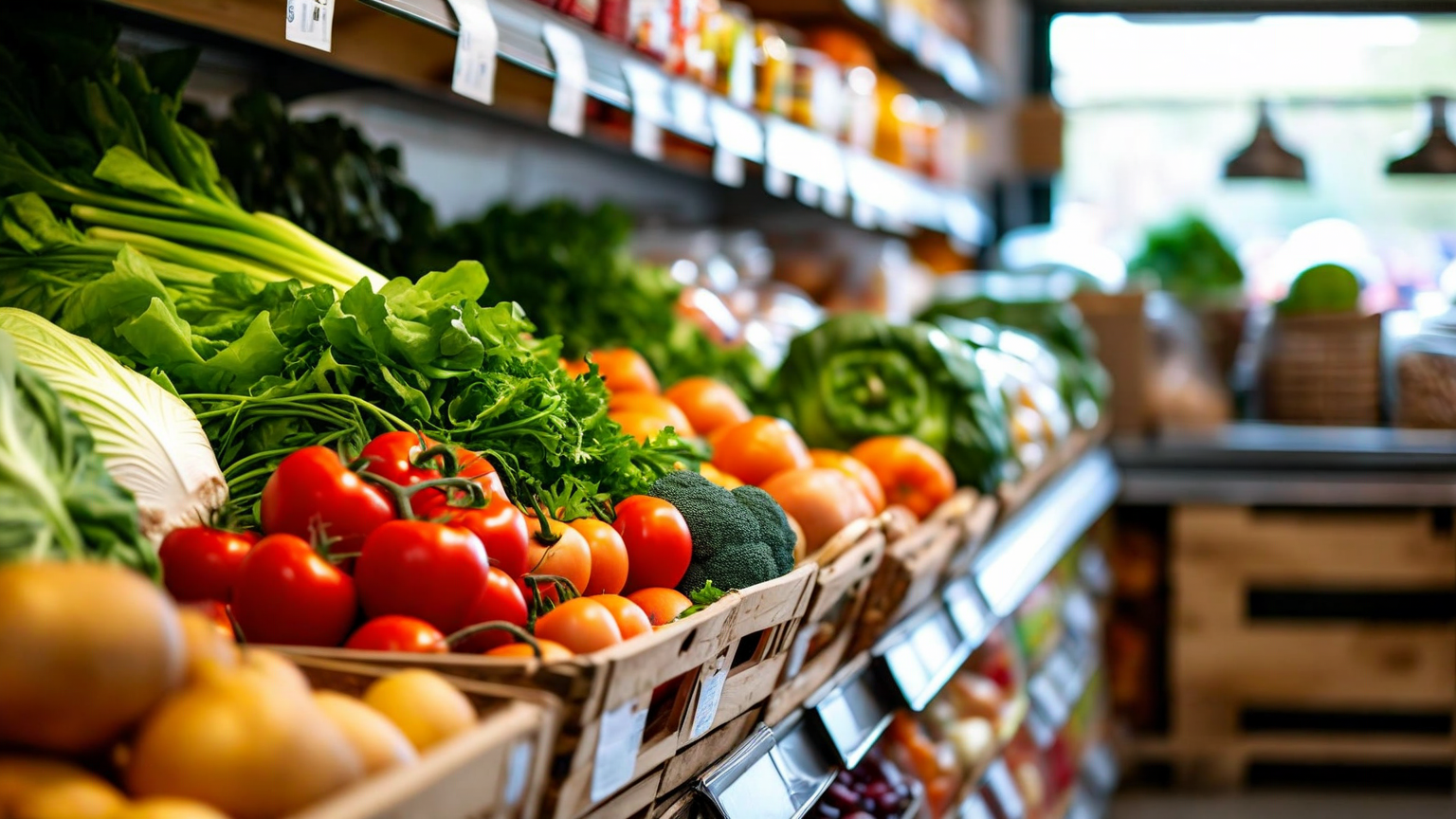The Science of Nighttime Noshing: Your Body's 24/7 Digestive Clock
Ever wondered why that midnight slice of pizza sits like a rock in your stomach? It's not just your imagination – your body's internal clock plays a crucial role in how you process those late-night munchies.
During the day, your digestive system is firing on all cylinders:
- Digestive enzymes are at peak production
- Insulin sensitivity is high, helping your cells absorb nutrients efficiently
- Your gut is primed for optimal nutrient absorption
But as the sun sets, your body shifts gears:
- Metabolism slows down
- Insulin sensitivity decreases
- Gut motility takes a leisurely pace
Your body is prioritizing repair and detoxification over digestion. So when you raid the fridge at midnight, you're essentially asking your digestive system to work the night shift – and it's not always up for the task.
The Night Shift: What Happens When You Eat After Dark
Late-night snacking isn't just a willpower issue – it's a biological challenge. Here's what your body faces when you eat outside its optimal hours:
- Reduced enzyme activity makes it harder to break down proteins, fats, and complex carbs
- Impaired intestinal transport limits how many nutrients actually make it into your system
- Decreased insulin sensitivity can lead to higher blood sugar and reduced cellular nutrient uptake
- Your gut microbiome's activity changes, potentially affecting digestion and nutrient synthesis
But don't despair, night owls! There are smart strategies to navigate these nocturnal nutrition challenges.
5 Science-Backed Strategies for Smarter Late-Night Snacking
When the midnight munchies strike, arm yourself with these tactics:
1. Choose Easily Digestible Foods
Opt for nutrient-dense options that won't overwork your sleepy digestive system:
- Greek yogurt with berries (protein + antioxidants)
- A small handful of nuts (healthy fats + minerals)
- Sliced apple with almond butter (fiber + protein)
- Hard-boiled egg (complete protein source)
- Cottage cheese with fresh fruit (protein + vitamins)
- Whole grain crackers with hummus (complex carbs + plant-based protein)
2. Practice Portion Control
Aim for snacks under 200 calories to minimize digestive strain and optimize nutrient absorption. Pro tip: Use smaller plates or pre-portioned containers to help control serving sizes without feeling deprived.
3. Avoid High-Fat and High-Sugar Foods
These are particularly challenging for nighttime digestion and can disrupt sleep quality. Instead, focus on lean proteins, complex carbohydrates, and fiber-rich foods that provide steady energy without the spike and crash.
4. Stay Hydrated (But Time It Right)
Drink water with your snack to support digestion and distinguish thirst from hunger. However, limit fluid intake close to bedtime to avoid disrupting your sleep with frequent bathroom trips. Aim to finish your last glass of water about 90 minutes before hitting the pillow.
5. Harness the Power of Digestive-Friendly Herbs and Spices
Certain herbs and spices can enhance digestion and nutrient absorption. Consider adding these flavor boosters to your late-night snacks:
- Ginger: Aids digestion and reduces inflammation
- Peppermint: Soothes the digestive tract and relieves bloating
- Cinnamon: Helps regulate blood sugar levels
- Turmeric: Offers anti-inflammatory properties
Chrono-Nutrition: Timing Matters
Aligning your eating patterns with your body's natural rhythms can significantly impact nutrient absorption and overall health. While it's best to avoid late-night eating when possible, these strategies can help mitigate the effects when it's necessary.
Remember, consistency is key. Try to maintain a regular eating schedule as much as possible, even on weekends. This helps regulate your body's internal clock and can improve digestion and nutrient absorption over time.
Common Midnight Snacking Mistakes to Avoid
- Reaching for sugary cereals or ice cream (hello, blood sugar rollercoaster!)
- Eating directly from the package (portion control nightmare)
- Snacking while distracted by screens (leads to overeating)
- Choosing greasy, heavy foods that disrupt sleep
- Ignoring your body's fullness signals
Expert Tips for the Ultimate Midnight Snacker
- Prep healthy snacks in advance to avoid impulsive choices
- Create a relaxing snacking environment away from screens
- Practice mindful eating, savoring each bite
- Experiment with herbal teas as a satisfying, calorie-free option
- Consider a small protein shake if you're truly hungry (not just bored)
The Bottom Line: Balance is Key
While it's ideal to align your eating with your body's natural rhythms, life doesn't always cooperate. By implementing these strategies, you can minimize the negative impacts of late-night snacking and make smarter choices when those midnight cravings hit.
Remember, occasional late-night snacking won't derail your health goals. It's all about finding a sustainable balance that works for your lifestyle and listening to your body's needs.
Ready to revolutionize your late-night snacking habits? Start by stocking your kitchen with easily digestible, nutrient-dense options and experiment with the timing and composition of your evening meals. Your body (and your taste buds) will thank you!



